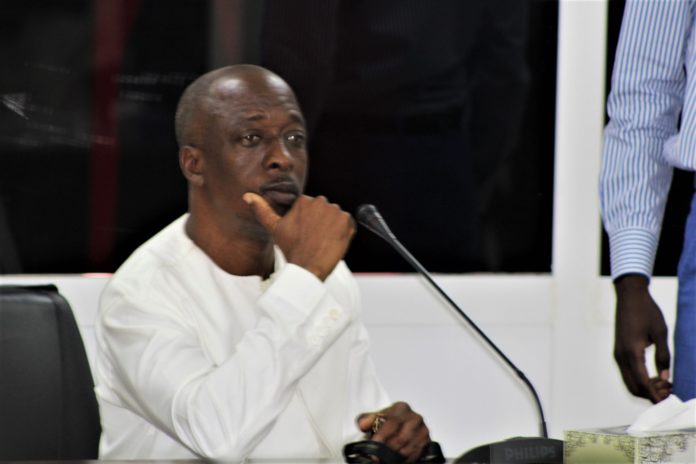PPP has explained how it abolished the death penalty in 1993 amid much talk around Yankuba Touray.
Mr Touray was last week handed the death penalty for killing Ousman Koro Ceesay and there have been talk the death penalty was introduced by the PPP government.
The party in a statement said: “The PPP, as an advocate and champion of Human and Peoples Rights strongly believe that the death penalty should be abolished in The Gambia as it violates the right to life which happens to be the most basic of all human rights. It also violates the right not to be subjected to torture and other cruel, inhumane, or degrading treatments or punishments.
“In a statement presented to the World Conference on Human Rights, held in Vienna in June 1993, the late President Sir Dawda Kairaba Jawara declared that “the death penalty is increasingly difficult to reconcile with evolving human rights standards, that it is a cruel and inhumane punishment and that it has no value, no useful purpose concerning crime prevention and control.”
“In 1980 Mustapha Danso was sentenced to death for the murder of the Deputy Commander of the Field force Eku Mahoney. “Yet, irony beset the application of the full brunt of the law. I do not believe in the death penalty but I was obliged under the constitution to be advised by the committee of the Prerogative of Mercy comprising Dr. S J Palmer as Chairman, Mr. Melville E Jones, and Alh Bun Gaye as members, with attorney General M L Saho as legal adviser and secretary” (Kairaba). While the committee was considering the case of Danso in the event of 30th July 1981. “Danso was set free from jail that same morning by the rebels. He armed himself and went on a rampage murdering innocent civilians” (Kairaba). That led to the execution of Mustapha Danso by firing squad on the 30th September 1981.
“After the execution of Mustapha Danso, Sir Dawda had made several public pronouncements that he was personally against the death penalty, and he had been regularly granting clemency to people under the death sentence.
“PPP abolished the death sentence in April 1993. It should be noted that, at the time of the abolition of the death sentence, over eighty (80) people were already on death row.
“The Gambia is generally a conservative nation, undoubtedly there will be overwhelming public support for the death penalty, but enforcement of the death penalty by the states does not necessarily makes it right. We appeal to all the political leaders to underline the incompatibility of capital punishment with human rights and human dignity.
“What makes the death penalty different from life imprisonment is that the judgment cannot be reversed, it is a final punishment. However, what if new evidence proof that the prisoner was innocent? Then there is the possibility of executing of an innocent person. Our criminal justice system is run by human beings, it will always remain susceptible to human error. Unlike prison sentences, the death penalty is irreversible and irreparable which suffice a good reason to abolish it once and for all.
“We, therefore, appeal to President Barrow on the occasion of Eid-ul Adha, a day of blessings and forgiveness to commute all death sentences to life imprisonment.”




